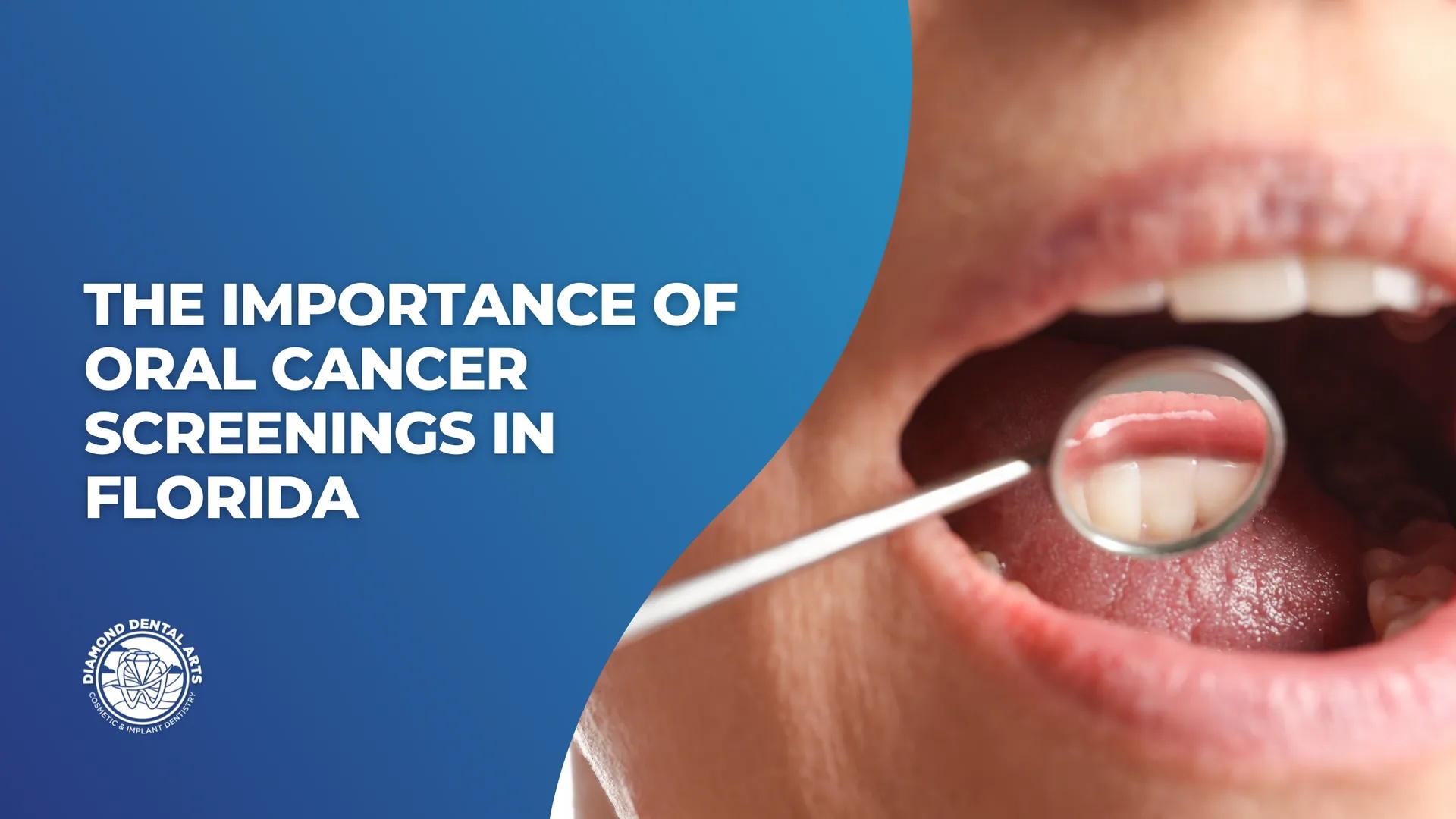
Oral cancer screenings are a very important part of your dental check-up. Oral cancer, or mouth cancer, is a significant concern that should never be overlooked. Detecting oral cancer early can lead to successful treatment, emphasizing the importance of timely identification and intervention to improve the outcomes for individuals with this condition.
Our dentists at Diamond Dental Arts play a vital role in early detection as they are trained to spot any oral abnormalities that may go unnoticed. This is why we cannot stress the importance of attending regular dental checkups to benefit from our dental team’s expertise.
Potential Causes of Oral Cancer
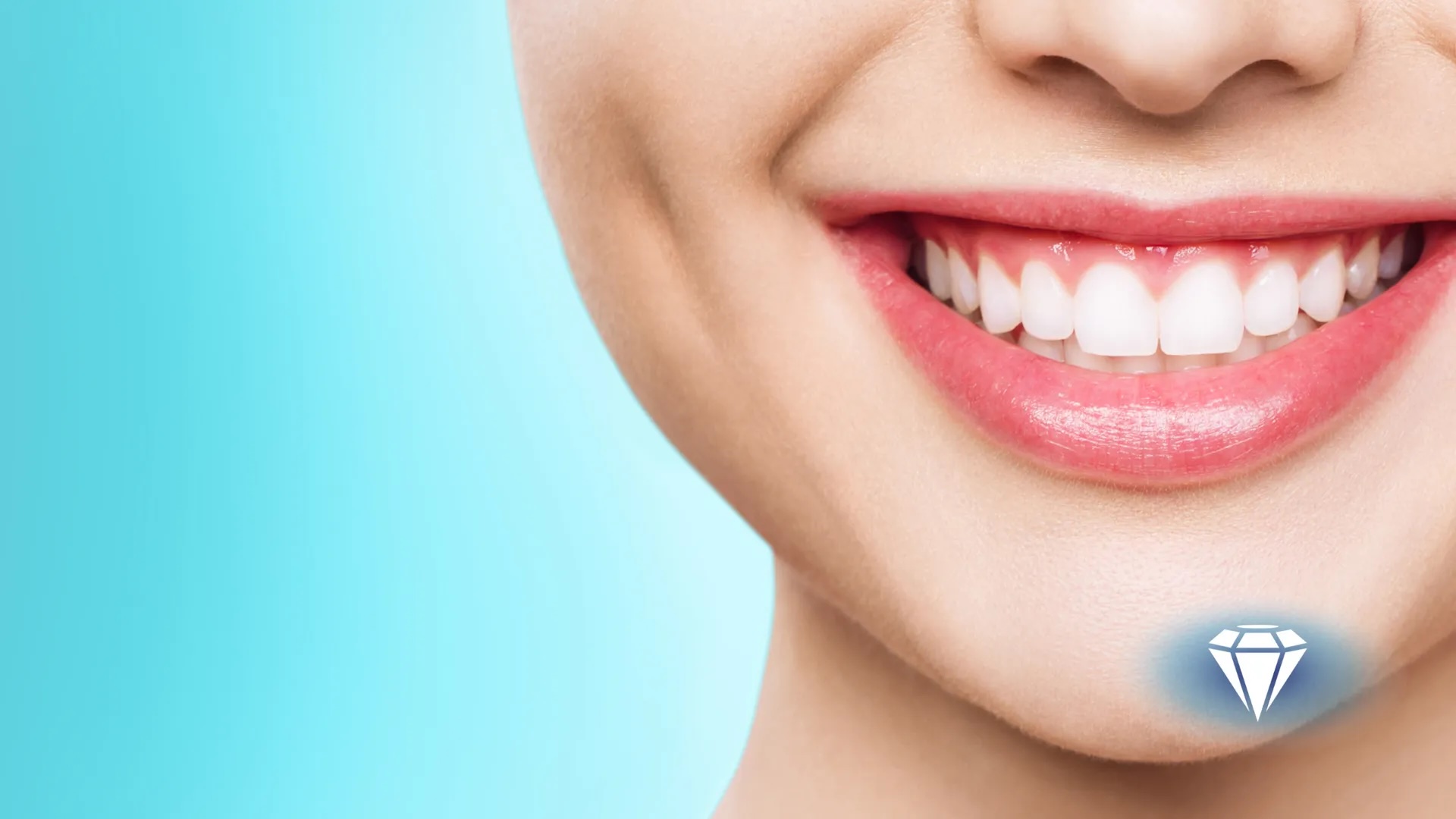
Unfortunately, the risk of oral cancer increases with age, with approximately 95 percent of cases developing in individuals over 40 years old. Typically, oral cancer is diagnosed around the age of 60, but it is becoming more common in younger patients. Causes such as tobacco use, heavy alcohol consumption, human papillomavirus (HPV) infection, and a weakened immune system play a huge role in why people run the risk of oral cancer. It is important to be aware of these risk factors:
- Tobacco: The majority of oral cancers are linked to tobacco usage, especially when combined with excessive alcohol consumption.
- Alcohol: Increased alcohol intake raises the risk of oral cancer. The risk is further heightened when alcohol is used in conjunction with tobacco, compared to using either substance alone.
- Sun Exposure: Prolonged exposure to sunlight increases the chances of developing lip cancer, particularly in individuals with extended sun exposure. Lip cancer often occurs on the lower lip, likely due to greater sun exposure.
- HPV Infection: Contracting HPV-16 increases the risk of oral cancer, while HPV-18 infection may also raise the risk. Oral cancers not connected to tobacco or alcohol use are likely linked to HPV.
- Diet: A diet lacking in fruits and vegetables may elevate the risk of oral cancers. These foods are believed to provide a protective factor that reduces this risk.
- Immune System: Individuals with a weakened immune system are at a higher risk of developing oral cancer, especially lip cancer. The increased risk may be due to the use of immune-suppressing medications.
- Oral Health: Poor oral health can present as multiple missing teeth, bleeding gums, or persistent infections caused by bacteria and viruses like HPV. Those who do not regularly visit the dentist for oral care are more prone to these problems. Studies show that individuals with inadequate oral hygiene have a higher likelihood of developing oral cancer.
We cannot stress enough the importance of dental check-ups, self-examinations, and avoiding risk factors. These can help in the prevention and early detection of oral cancer. If you notice any unusual changes in your mouth, such as persistent sores, lumps, or difficulty swallowing, it is essential to book an appointment with us at Diamond Dental Arts promptly. Remember, early detection saves lives.
The Importance of Regular Dental Checkups

Our dentist not only checks your teeth during your dental checkup but also conducts a thorough examination during your dental appointment to check for signs of oral cancer. It's vital to include this screening as part of your routine dental check-up. We will carefully evaluate any symptoms, ask relevant questions, and identify any irregularities to prioritize your health and well-being.
It is important to remember that oral cancer has the potential to spread rapidly, yet it can be successfully treated if detected and addressed early before spreading. The course of treatment is determined by factors such as the cancer stage, timing of detection, and its location.
Oral cancer, while often associated with the lips, tongue, and floor of the mouth, can actually develop in various areas within the oral cavity. The cheeks, gums, roof of the mouth, tonsils, and salivary glands are all potential sites where this type of cancer can originate. As stated previously, early detection and regular dental check-ups are crucial in identifying any signs of oral cancer to ensure timely treatment and a better prognosis.
Remember, maintaining good oral hygiene and avoiding risk factors such as smoking and excessive alcohol consumption can help reduce the risk of developing oral cancer. Your oral health is important, so be sure to prioritize regular dental visits and screenings to safeguard your overall well-being.
Symptoms of oral cancer may include:
- loose teeth swelling or a sore on your lip that won't heal
- a lump on your neck
- trouble chewing or swallowing
- changes in speech
- change in voice or hoarseness
- bleeding in the mouth
- numbness in the mouth
- white or red patches on the mouth, tongue, or gums
- sudden weight loss
- chronic sore throat
- ear pain
If you have encountered any of these symptoms, schedule an appointment with our dentist at Diamond Dental Arts promptly for a thorough examination. Our dentists can identify issues that may not be obvious to you, so it is advisable to have a check-up during your routine dental visits, even if you don't have any risk factors.
What Happens at My Oral Cancer Screening?
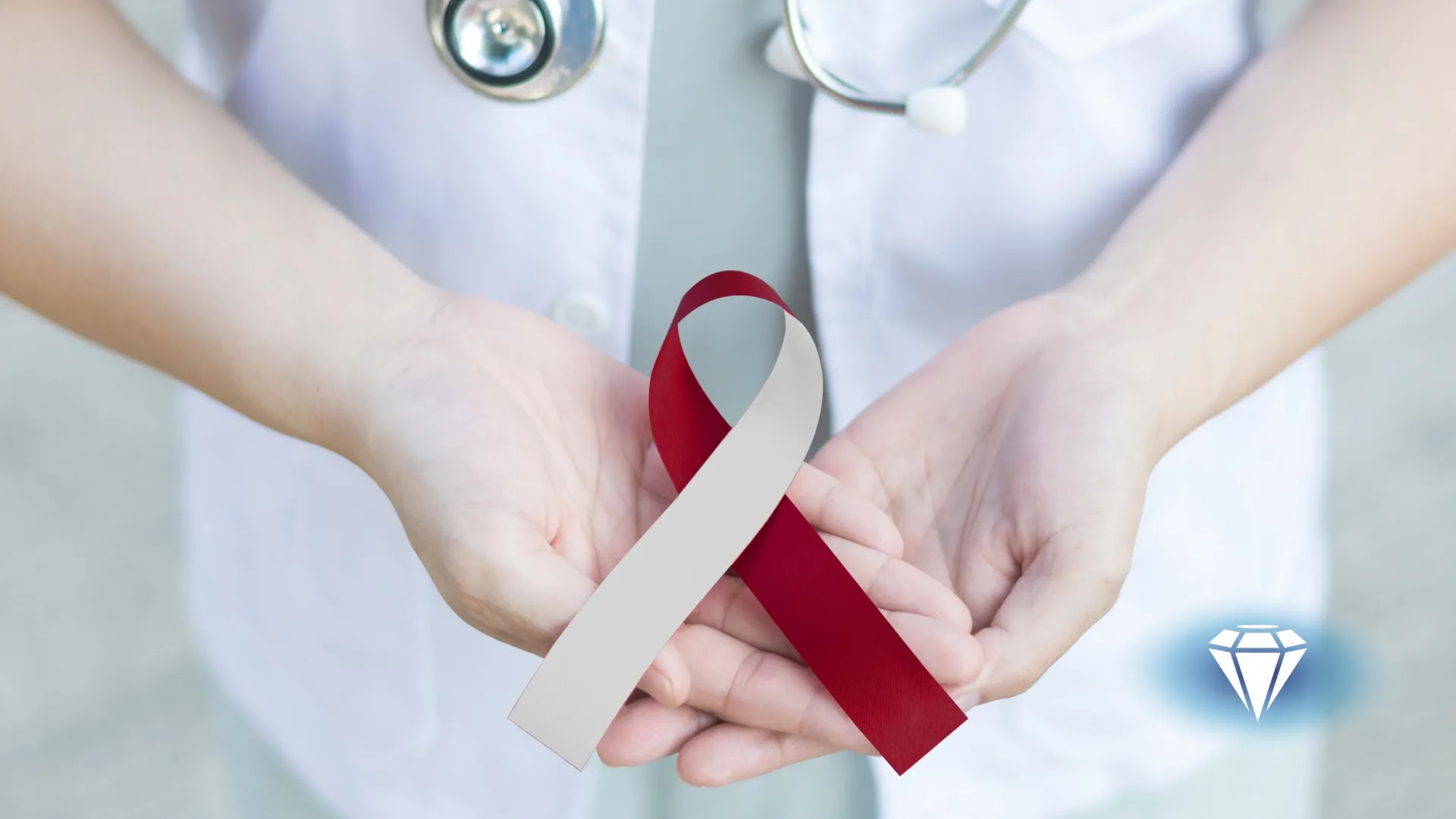
An oral cancer screening starts with a dental examination of the patient's mouth and throat. Using a light, mirror, and tongue depressor, the dentist will inspect any abnormalities like bumps, discolored patches, ulcers, and swelling in all areas of the mouth, including the tongue, inner cheeks, gums, tonsils, and roof of the mouth. Additionally, the dentist will palpate the jaw, neck, under the chin, and outer cheeks for any unusual masses. Our dentist may also use special dye and light for further assessment.
Common tests involve:
- Using a special light that shows any abnormal tissue
- Applying toluidine blue dye over the suspicious area, which turns blue if irregular tissue is present
- Using a solution of acetic acid for a mouth rinse followed by examination under a special light to assess any abnormalities.
Sometimes oral cancer is not detected until it is in its advanced stages as it may not cause any pain or symptoms. Our dentists are trained to detect oral cancer. This is why we cannot stress enough about the importance of regular dental check-ups. Our dental team at Diamond Dental Arts also advises that our patients conduct monthly self-examinations for oral cancer and promptly report any changes such as white patches, sores, or lumps to us.
What Happens If Unusual Results Are Detected?
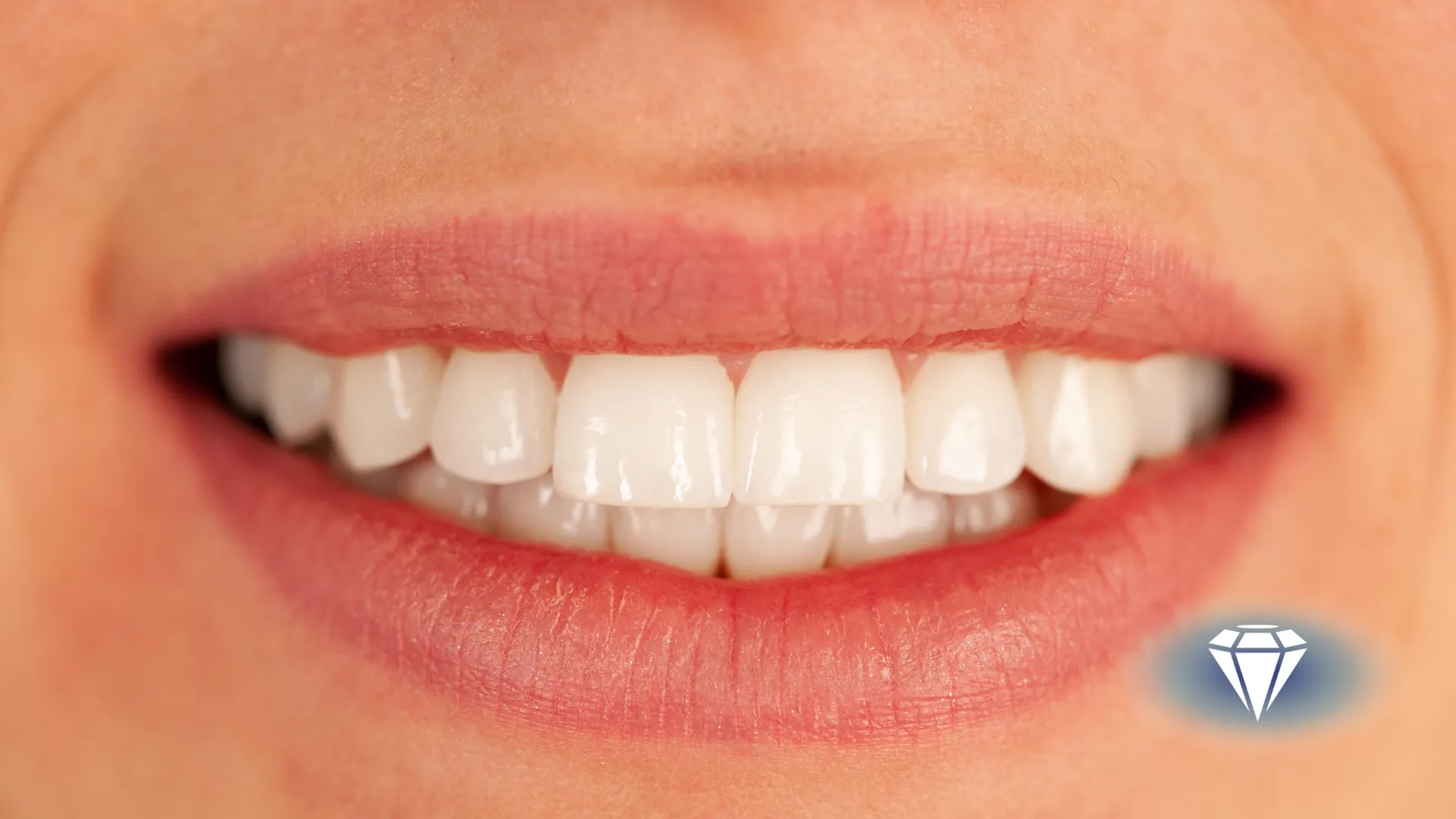
Should any unusual oral cancer screening results be detected, our team along with our team of medical oncologists, radiologists, pathologists, and other experts will deliver exceptional care and treatment for you. We understand that receiving an abnormal oral cancer screening result can be a cause for concern. Please know that you are not alone on this journey.
In addition, if our dentist does discover any unusual signs of mouth cancer or precancerous lesions, we may recommend:
- A follow-up visit after a few weeks is scheduled to check if the abnormal area persists and observe any growth or changes over time.
- A biopsy procedure is conducted to extract a cell sample for laboratory examination to identify the presence of cancer cells. The biopsy can be performed by our dentist, or you may be referred to a specialist in oral cancer diagnosis and treatment.
Stages Of Oral Cancer
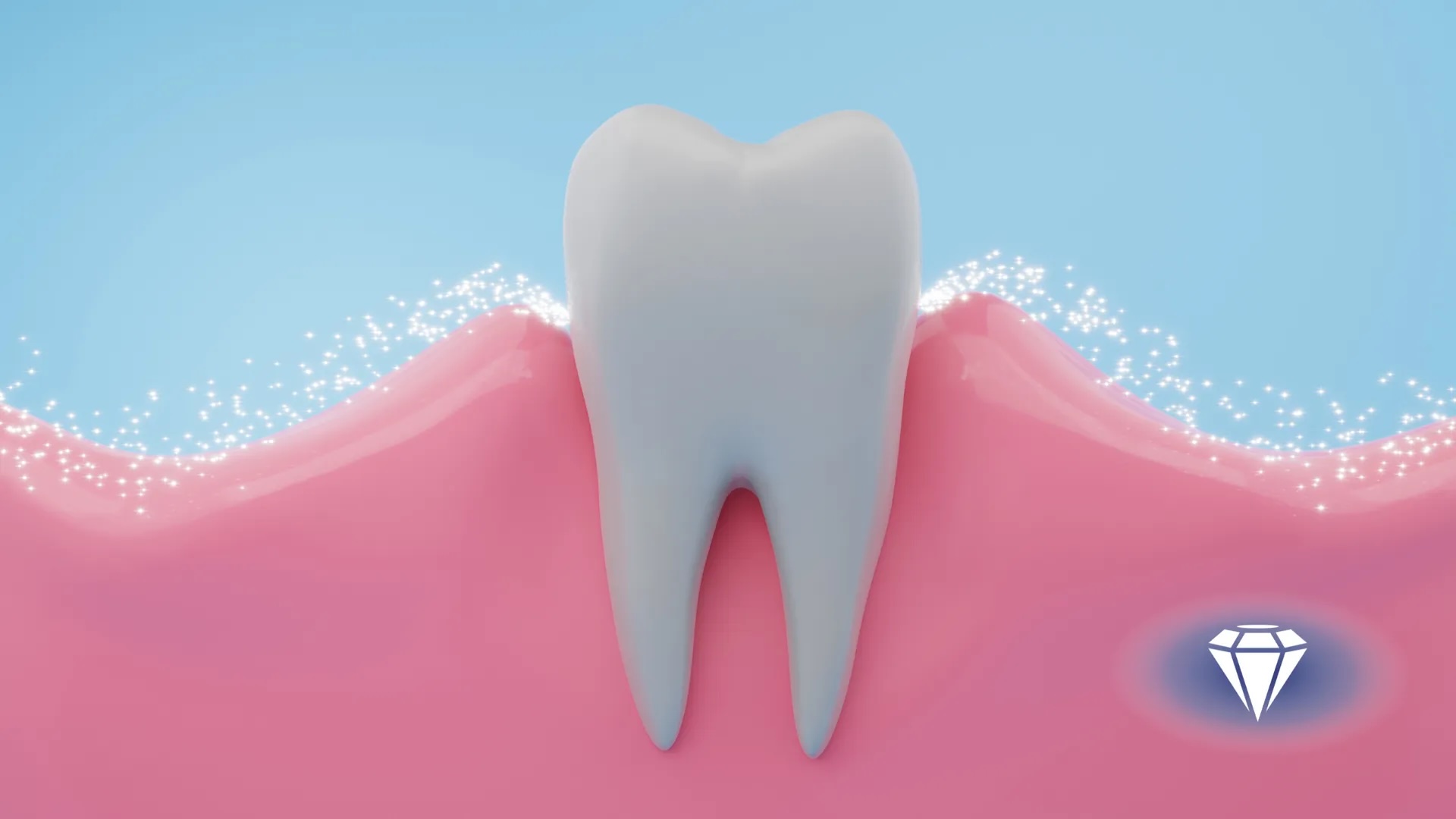
After your physical examination and the initial results from your oral tissue biopsy or imaging tests, your doctor will categorize your oral cancer into a specific stage. This stage may be revised based on further tests or after surgery. Mouth cancer is classified into five stages, ranging from zero to four.
Stage 0 - also known as carcinoma in situ, marks the initial stage where abnormal cells are found in the lining of the lips or oral cavity, with the potential to develop into cancer.
Stage I (1) - signifies an early stage of cancer where the tumor is under 2 centimeters, and no lymph nodes are affected.
Stage II (2) - presents a tumor between 2 to 4 centimeters without lymph node involvement.
Stage III (3) - indicates either a tumor larger than 4 centimeters or lymph node spread in the neck.
Stage IV (4) - represents the most advanced stage of mouth cancer, with the cancer having spread extensively.
With any stage of diagnosis, our dedicated dental team in Punta Gorda, Florida will offer you the highest quality of care and support. We will work together to develop a personalized treatment plan that is tailored to your specific needs and well-being. Your health and well-being are our top priorities, and we are committed to providing you with the best possible care every step of the way. You can trust in our expertise and compassion as we navigate this process together towards your recovery and well-being.
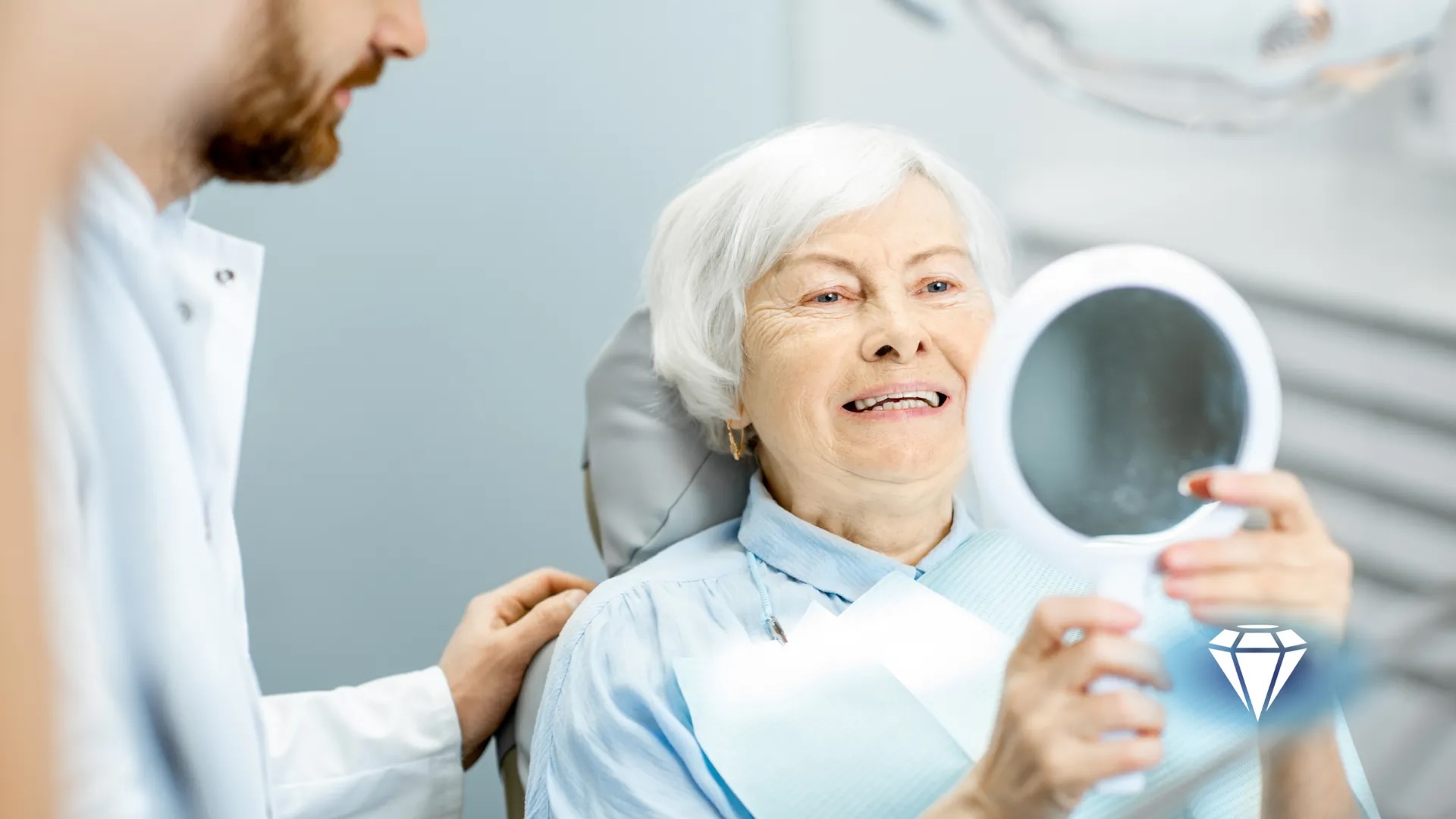
Regular dental checkups and self-care play a crucial role in monitoring any abnormalities within your mouth. It's essential to consistently check for signs or symptoms to maintain good dental health. Staying proactive with oral health can aid in preventing the development and spread of oral cancer.
Feel free to reach out to our dental team in Punta Gorda for any questions or concerns by calling us at Diamond Dental Arts. We are here to provide guidance and support to help you stay on top of your oral health.
